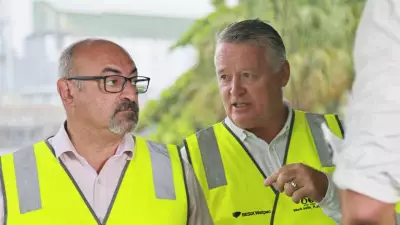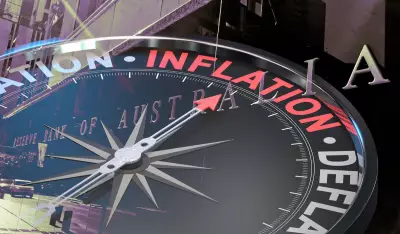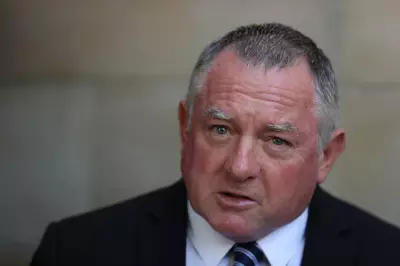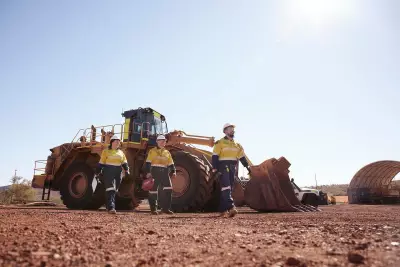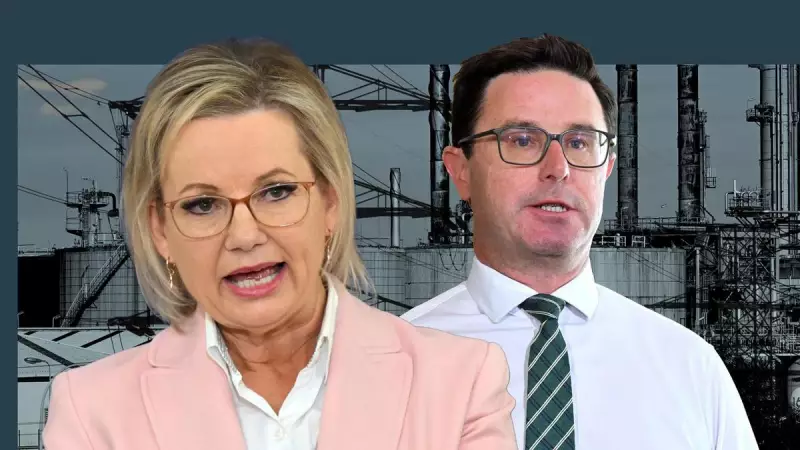
In a major policy reversal, the Federal Coalition has formally abandoned its commitment to achieve net zero emissions by 2050. The opposition, led by Sussan Ley, announced its new energy plan on Sunday, which scraps specific emissions targets in favour of prioritising affordable power for Australian households and businesses.
A New Direction on Emissions
The new coalition approach completely discards firm emissions reduction targets. Instead, achieving net zero is now described as merely "a welcome outcome" rather than a binding goal. Emission reductions will now be pegged to the real-world performance of other OECD countries.
"We will prioritise affordable energy for households and businesses and this is just so important," Opposition Leader Sussan Ley stated. She emphasised that the focus will now be squarely on power prices, reliability, and security of supply.
Political Unity and Internal Triumph
The policy shift effectively adopts the demands of the Nationals, the coalition's junior partner, staving off a internal party fight that threatened its unity. Nationals Leader David Littleproud and Shadow Energy Minister Dan Tehan have publicly backed the change.
For fierce net zero critic and former deputy prime minister Barnaby Joyce, the move represents a victory for "common sense". Mr Joyce hinted that the policy win might influence his decision to remain with the Nationals, stating, "So I think it’s had a little bit of an effect of where we’ve ended up on such things as net zero. So whilst it’s working for Australia and I’ve played my little part in it, I’m going to keep doing that."
The policy is also seen as a triumph for Ley's declared leadership rivals, conservatives Angus Taylor and Andrew Hastie.
Government Backlash and Election Battle Lines
Prime Minister Anthony Albanese launched a fierce attack on the coalition's new stance, claiming it will ultimately cost Australians by creating market uncertainty.
"That kills off investment and less investment means higher power prices," the Prime Minister argued. He went further, dramatically claiming, "There will be a royal commission to this one day. It’s just outrageous." Mr Albanese described the opposition as "the rabble and clown show that the coalition have become when it comes to energy policy."
This fundamental disagreement sets up a high-stakes policy battle that is expected to dominate Australian politics all the way to the next federal election in 2028.
Meanwhile, on a separate trade issue, the government is claiming credit for US President Donald Trump's decision to cut US tariffs on some imported foods, particularly Australian beef. The opposition, however, contends the tariff cut was driven by American domestic politics rather than Australian advocacy.



